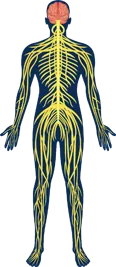- Home
- Browse by Disease
- Encephalitis lethargica
Encephalitis lethargica
- Other Names:
epidemic encephalitis; lethargic encephalitis; von economo disease; von economo encephalitis; von economo's disease; von economo's encephalitisepidemic encephalitis; lethargic encephalitis; von economo disease; von economo encephalitis; von economo's disease; von economo's encephalitis
Read More
Read Less








